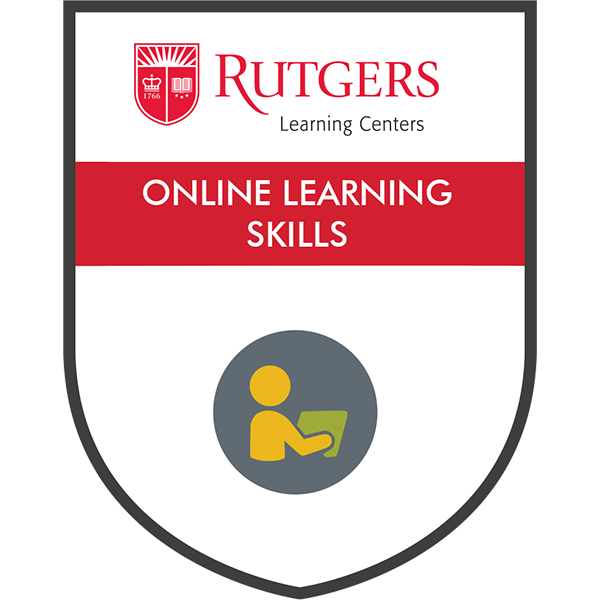Intro to Ethics Course Fundamentals

Delving into the realm of ethics, a domain that has puzzled philosophers, scholars, and everyday individuals for centuries, is a daunting yet enlightening endeavor. Ethics, at its core, is about making decisions that are morally sound, considering the well-being of all parties involved. It’s a multifaceted field that branches out into various disciplines, including philosophy, psychology, sociology, and more, each offering unique perspectives on how we should navigate the intricate landscape of moral dilemmas.
The study of ethics, or moral philosophy, is foundational in understanding human behavior, societal norms, and the consequences of our actions. It challenges individuals to reflect on their beliefs, values, and principles, encouraging a deeper understanding of why certain actions are deemed right or wrong. Ethics is not merely a theoretical construct but a practical guide for living, influencing how we interact with others, make decisions, and contribute to the world around us.
One of the primary challenges in ethics is the lack of a universal moral code that applies equally to all situations and cultures. Different societies, religions, and philosophies have their own ethical standards, which can sometimes conflict. This diversity in moral beliefs and practices poses significant questions about relativism versus absolutism, the role of cultural norms in shaping ethics, and the pursuit of a common moral language.
Ethics courses, therefore, aim to provide a comprehensive overview of these issues, equipping students with the critical thinking, analytical, and decision-making skills necessary to navigate complex ethical problems. Through the exploration of theoretical frameworks, historical philosophical texts, contemporary ethical debates, and case studies, individuals can develop a sophisticated understanding of ethical principles and their applications in real-world contexts.
A fundamental aspect of ethics courses is the examination of key theoretical approaches, including consequentialism, deontology, virtue ethics, and care ethics, among others. Consequentialism, for instance, posits that the morality of an action should be determined by its outcome, with actions considered right if they produce the best possible results. Deontology, on the other hand, emphasizes the importance of moral rules and duties, arguing that certain actions are inherently right or wrong, regardless of their consequences.
In addition to theoretical foundations, ethics courses delve into practical applications across various fields, such as healthcare, business, technology, and environmental science. For example, in healthcare, ethical considerations surround issues like patient autonomy, informed consent, and the allocation of scarce medical resources. In business, ethical dilemmas may involve questions of corporate responsibility, ethical marketing practices, and fair labor standards.
The technological revolution has also introduced a myriad of ethical concerns, from privacy and surveillance to artificial intelligence and its potential impact on employment and societal structures. The environmental crisis, with its far-reaching implications for biodiversity, climate change, and global justice, further underscores the need for ethical reflection and action.
Through the lens of ethics, one can better understand the complexities of human existence and the interconnectedness of our decisions. It encourages a mindset of empathy, respect for diversity, and a commitment to justice, fostering a community that values the well-being of all its members and the planet.
In the following sections, we will delve deeper into the theoretical underpinnings of ethics, explore practical applications across different domains, and examine the challenges and opportunities presented by contemporary ethical issues. Our journey into the fundamentals of ethics aims to inspire critical thinking, moral awareness, and a deeper appreciation for the ethical dimensions of our daily lives and global interconnectedness.
As we explore the vast expanse of ethics, it's essential to recognize that ethical decision-making is not merely an intellectual exercise but a deeply personal and emotional process. Our values, beliefs, and past experiences all play a role in shaping our ethical perspectives, making the study of ethics a profoundly personal journey of discovery and growth.
Key Concepts in Ethics

Understanding the key concepts in ethics is vital for navigating the complex moral landscape. Below are some fundamental principles and theories:
- Moral Relativism: The belief that moral judgments are relative to the cultural, historical, or personal context.
- Moral Absolutism: The belief that there are absolute moral standards that apply regardless of context.
- Consequentialism: The moral value of an action is determined by its outcome.
- Deontology: Emphasizes the importance of moral rules and duties.
- Virtue Ethics: Focuses on the character of the moral agent rather than the actions themselves.
Applying Ethical Theories
- Identify the Moral Issue: Clearly define the ethical dilemma or issue at hand.
- Analyze the Situation: Gather relevant information and consider different perspectives.
- Apply Ethical Theories: Use consequentialism, deontology, virtue ethics, or other theories to evaluate the moral implications of actions.
- Evaluate Outcomes: Consider the potential consequences of different actions and their alignment with ethical principles.
- Make a Decision: Based on the analysis and ethical evaluation, decide on the most morally justifiable course of action.
Historical Evolution of Ethics

The study of ethics has a rich and diverse history, with contributions from philosophers across the globe. From ancient civilizations to modern times, ethical thought has evolved significantly, reflecting changes in societal values, religious beliefs, and philosophical inquiry.
- Ancient Greek Philosophy: Figures like Socrates, Plato, and Aristotle laid the foundation for Western ethical thought, discussing concepts such as virtue, justice, and the good life.
- Medieval and Enlightenment Thought: The influence of Christianity and the rise of rationalism during the Enlightenment period saw the development of new ethical theories, including natural law and social contract theory.
- Modern and Contemporary Ethics: The 20th and 21st centuries have seen a proliferation of ethical theories and applications, including existentialism, postmodernism, care ethics, and environmental ethics, among others.
What is the significance of studying ethics in contemporary society?
+Studying ethics is crucial for developing a moral framework that guides personal and professional decisions, fostering a society that values justice, respect, and the well-being of all individuals and the environment.
How do ethical theories apply to real-world problems?
+Ethical theories provide a structured approach to analyzing and resolving moral dilemmas. By applying these theories, individuals can systematically evaluate the moral implications of different actions and choose the most ethical course, whether in personal, professional, or public policy contexts.
Future of Ethics
As we move forward, the field of ethics will continue to evolve, influenced by technological advancements, changing societal values, and the increasing complexity of global challenges. Emerging issues such as AI ethics, bioethics, and environmental ethics will require novel ethical frameworks and approaches, challenging traditional moral theories and practices.
The integration of ethics into various aspects of life, from education and business to technology and governance, is crucial for fostering a more just, equitable, and sustainable world. By embracing ethical inquiry and decision-making, we can navigate the complexities of the modern world with greater wisdom, compassion, and responsibility.
In conclusion, the study of ethics offers a profound journey into the heart of human existence, challenging us to reflect on our values, principles, and actions. Through its theoretical foundations and practical applications, ethics equips us with the tools to make informed, morally sound decisions, contributing to a richer, more ethical life for individuals and society as a whole.

